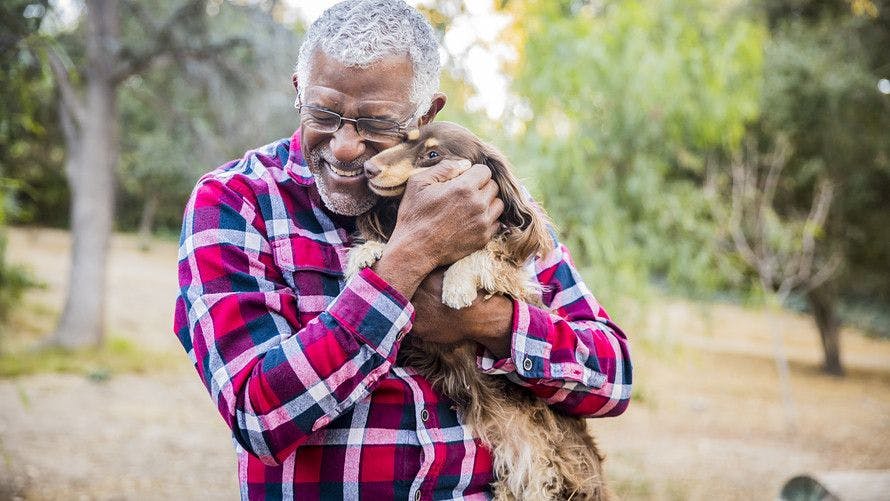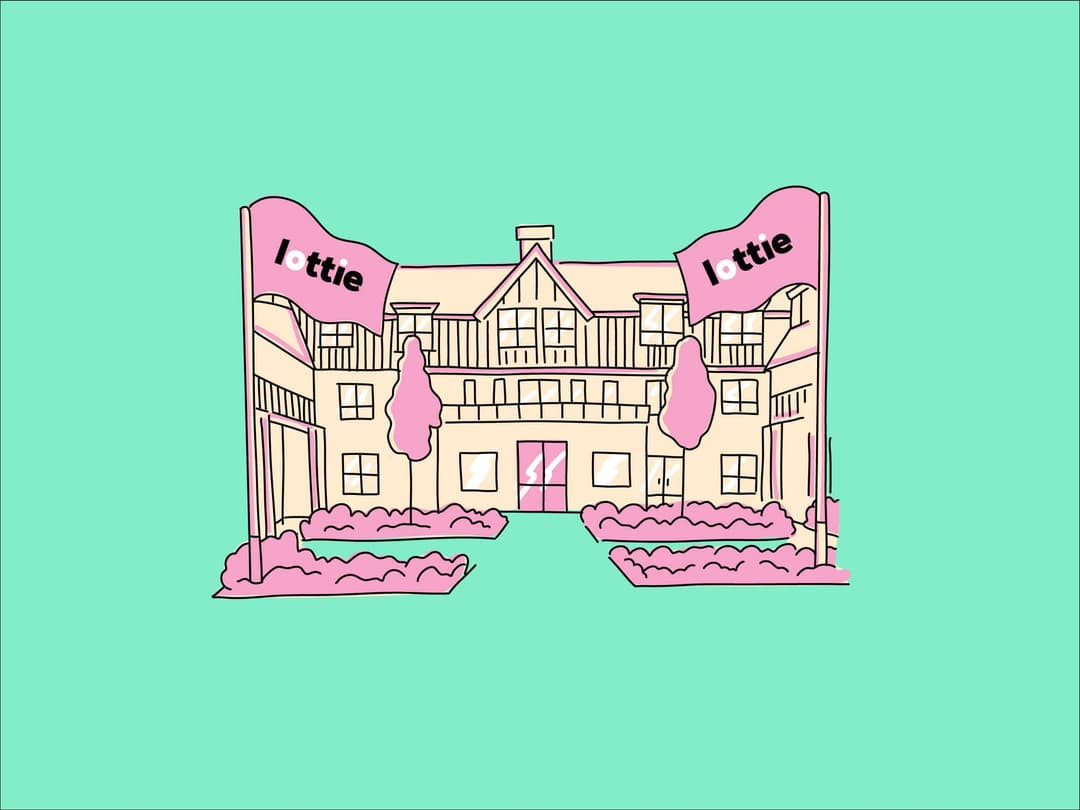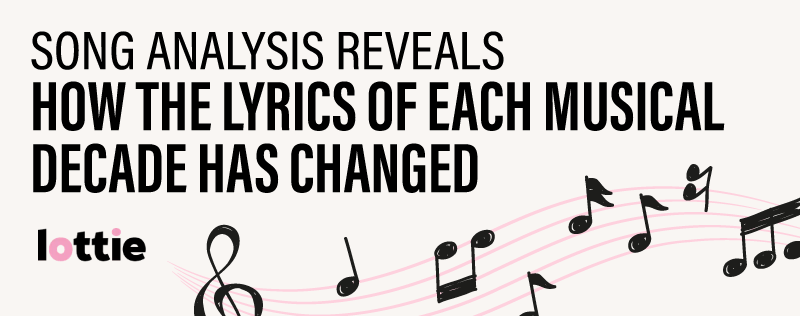Paw-fect Pets for Later Life: Which animals make the best companions for seniors?

Estimated Reading Time: 8 minutes
In a survey by The National Poll on Healthy Aging, over 1,000 pet-owners aged 50 to 80 were asked about the difference their pets made to their lives. 88% said that their pets helped them enjoy life, and 86% said their pets made them feel loved.
In terms of mental health, a 2020 study looking at pet ownership and its influence on mental health in retired adults, found that pets provide companionship, give a sense of purpose and meaning, reduce loneliness and increase socialisation.
It’s a no brainer then, surely? With so much evidence to back up the benefits, seniors should own a pet. But it’s not quite that simple. It can feel overwhelming when making the decision to purchase a companion, different people have different requirements.
To make this easier, we conducted a study looking at various factors that an elderly person will need to consider before choosing a pet. So let’s get into it.
Where would you like to live?
Browse the best retirement homes near you through Lottie.
What is the study all about?
Lottie looked at six major factors when consider when choosing a pet. These included cost of keep, mental health, neediness and ease of care. An individual score (from 1 to 10) was granted to each of these factors, contributing to a total score. In terms of the animals we looked at, this included cats, dogs, indoor birds, guinea pigs, rabbits, domestic fowl, fish, turtles and snakes.
Now, I’m sure you’re curious to know which pet came out with the best score (I know we were!). Well, we don’t mess about here, so let’s reveal who came out on top.

With a score of 29, it was cats who were deemed the most suitable pets for seniors, narrowly piping their rival counter-parts, dogs (28). So yes. It seems we have finally provided an answer to the ancient, family-dividing question: cats or dogs. You’re welcome. It’s cats.
Although cats and dogs come out with the highest total scores, it does not mean you aren't better suited to one of the other animals which all have their individual merits. We’ll dive deeper into the specifics later.
Which pets are best for what?
Cost of keep
An important factor to consider since the range for this varies hugely: from a few quid to thousands. As expected, the cost of animals is pretty in line with their scores, with some outliers. Dogs cost around £1,875 per year according to Statista), although this doesn’t consider lifetime cost. Meanwhile, cats have a lifetime cost of up to £12,000. For overall most expensive, you’re looking at turtles and tortoises, primarily because their lifetimes are so long (50-75 years). Their lifespan alone makes them pretty unsuitable for elderly owners.
Mental Health
Now let’s look at the best pets for mental health. Cats might not have the same reputation as being high energy and lovable like dogs, but their low key and affectionate nature makes them great emotional support companions. Having a feline friend lie next to you while reading or watching TV does wonders for your mood.
But what about canines? Thanks to their largely loving natures, dogs have a dramatic effect in improving mental health. This is only enhanced in that the owner will benefit from the exercise and fresh air from regular walks. As for the poo-picking.. well, you get used to that.
Birds such as parrots make excellent ESAs (emotional support animals) because of their ability to mimic human speech and their tendency for empathy — both useful for mitigating anxiety. They are capable of sensing tension and anger in human beings and help prevent emotional outbursts.
It might surprise you that fish score quite highly here since it’s been proven that keeping fish improves mental health and also helps to reduce anxiety. Research from Plymouth University discovered that just watching fish in an aquarium ‘led to noticeable reductions in participant’s blood pressure and heart rate’. How about that then?
Neediness (level of love needed)
Cats are very independent and self-reliant, but require play for mental and physical stimulation as they are very intelligent. They’re introverts, so value their time alone, but they still need some love from their owner.
Dogs are well-known for their love, but also their neediness. They form very strong bonds with humans and with other dogs, making them extremely loyal and affectionate. This does come with responsibility, however, since you’ll need to offer an equal amount of love and attention back.
Not all animals are quite so affectionate, however. Snakes don't form bonds with their owners, but enjoy being looked after by humans as long as they are being fed regularly and have a suitable enclosure.
Ease of care
In terms of the best pets for low maintenance, you can’t do much better than a cat. Mainly because they spend most of the day sleeping. Lazy buggers. This does mean, however, their care is incredibly easy. Give them some love and some food and they’ll be alright. Their ease of care matches their independence.
Dogs are a bit different. Although this varies on breed, most dogs need regular exercise and attention. Having a dog requires constant exercise on their part (and therefore yours). On the positive side, they guarantee you get the daily walk recommended by the NHS. However, for less mobile seniors, this could be an unrealistic commitment.
Other animals with relatively easy care include hamsters, which can be left to their own thing — they just need food, water and toys. Snakes, too, are very low maintenance, and can go for weeks without feeding. They also spend lots of time sleeping but they’re not quite as affectionate (or cuddly) as cats.
Guinea pigs and rabbits, on the other hand, require frequent cleaning. And when you consider you multiple for them to be happy, this only makes cleaning more strenuous. Not ideal for elderly owners.
A word on chickens. Although they might seem like a handful, keeping chickens doesn’t demand lots of time. Chickens are more than happy to roam around the garden or their run, occupying themselves with finding morsels of food. However, chasing after chickens to get them back in their coops could be demanding for older owners. Also, chicken run — we’ve all seen it. They can be schemers.
What about the best breeds?
Best cats for seniors
We analysed eight common breeds of cats to decipher which one is the best fit for older people. We looked at similar factors to the initial study, such as cost to buy and keep, friendliness, how good they are with children, and how much they shed (which correlates to allergenics). As you might expect, there wasn’t much between them, but there were ones that came out on top.

The Ragdoll cat was the winner, scoring in the top two scores in all factors apart from allergies. Next, there was not much to separate between siamese, Maine Coon. All of these scored top scores on friendliness and how good they are with children.
We also looked at Sphynx (great for not shedding but expensive to buy), british shorthair (great for social with other pets but sheds a lot), Russian blue (the least expensive lifetime cost but also sheds) and Persion (super friendly but not great with children or other pets). As you can see, all breeds offered great value, but if you’re someone who wants an all round cat, Ragdolls, Siamese and Maine coons are the best options for seniors.
Best dogs for seniors

Unlike cats, the dog study was more carried, with some breeds being obvious better companions for elderly. In terms of what we looked at, there were way more features, with a particular focus on smaller dogs, we highlighted the most important elements in the table above.
The Pugs came out on top with this one, from favourable energy level of love required. The only factors it didn’t score highly (although still not still badly) were trainability and yappiness. The next best, which all scored similar to each other, were Caveliers, Poodles and Poms. The dogs we deemed the least suitable for seniors are Yorkshire Terriers and the Queens favourite, Corgi’s.
Final thoughts
The benefit pets can have on elderly people is life-changing. From mental health or physical health, to unconditional love and self-esteem, the list of benefits are endless. It’s just choosing which one to get that is tricky. Going by our campaign, the best pets for elderly people are cats. This is on account of their maintenance, cost and exceptional benefit to mental and physical health.
However, you must remember this is only advisory. People have different preferences and you are free to get whatever pet you’d like. Snakes can be cuddly too (not scientifically proven).
If you’re thinking of moving into a care or residential home, make sure you check with the home prior to buying a pet to see if they allow furry friends, you may be able to find it in the home’s policies.



